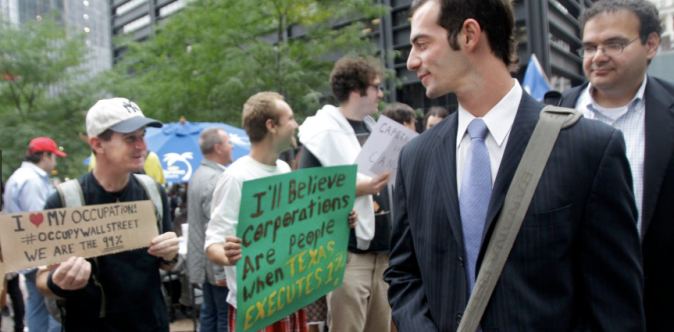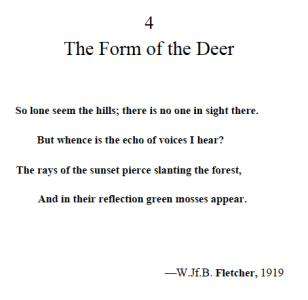Before I even started to read this book I already had an eerie feeling about what I was about to dive into. I opened the book and started to read what felt like an article about immigration. Throughout the whole book my mind was playing games. I couldn’t help but think, am I reading an article or am I reading a book? Every chapter I would read, every word I would read, just felt too real. Maybe its because of the immigration bullshit that is happening in this world or maybe its because I know too many people having to deal with the matters happening around us. “Signs” is a true slap in our face saying, pay attention reader this shit is happening and we need to do something about it.

Makina, the main character who is going through the horrid journey of crossing the boarder, is forced to deal with monstrosities that come with crossing the boarder. Makina see’s things that no one should have to deal with. Makina goes through experiences no one should have to deal with. But everything that she goes through is nothing compared to losing her true identity and starting over as someone she does not even know. Everything that she has known her whole life is gone. Makina’s world is coming to an end.
As I was reading this book it reminded me so much of the world as we know it right now. One would think that in 2018 we, especially as Americans who are “For The People”, would know how to treat others better than how we treat them now. I think that I have a close connection to this book because I have a relationship with some who have gone through what Makina goes through in the book. I have personally watched them cry themselves to sleep because ICE was in their neighborhood looking for undocumented immigrants. I think that if I read this book a few years ago before I knew these people the book would not of hit as hard. Since, I have opened my eyes to the real world. A world where we “American’s” don’t treat others right. Now I am not saying that every person in America has these thoughts, but there are 100% some who do.

So, lets come together and start to put an end to this bullshit we call reality. Its easier said that done of course, but we need to open our eyes. Open our eyes to the reality of 2018. With perseverance and and hope, we can start a new world as we know it.
Goo, Sara Kehaulani. “What Americans Want to Do about Illegal Immigration.” Pew Research Center, Pew Research Center, 24 Aug. 2015, http://www.pewresearch.org/fact-tank/2015/08/24/what-americans-want-to-do-about-illegal-immigration/.
Pilkington, Ed. “Mexican Immigration Falls for First Time in Four Decades.” The Guardian, Guardian News and Media, 23 Apr. 2012, http://www.theguardian.com/world/2012/apr/23/illegal-immigrants-mexico-us-economy.





